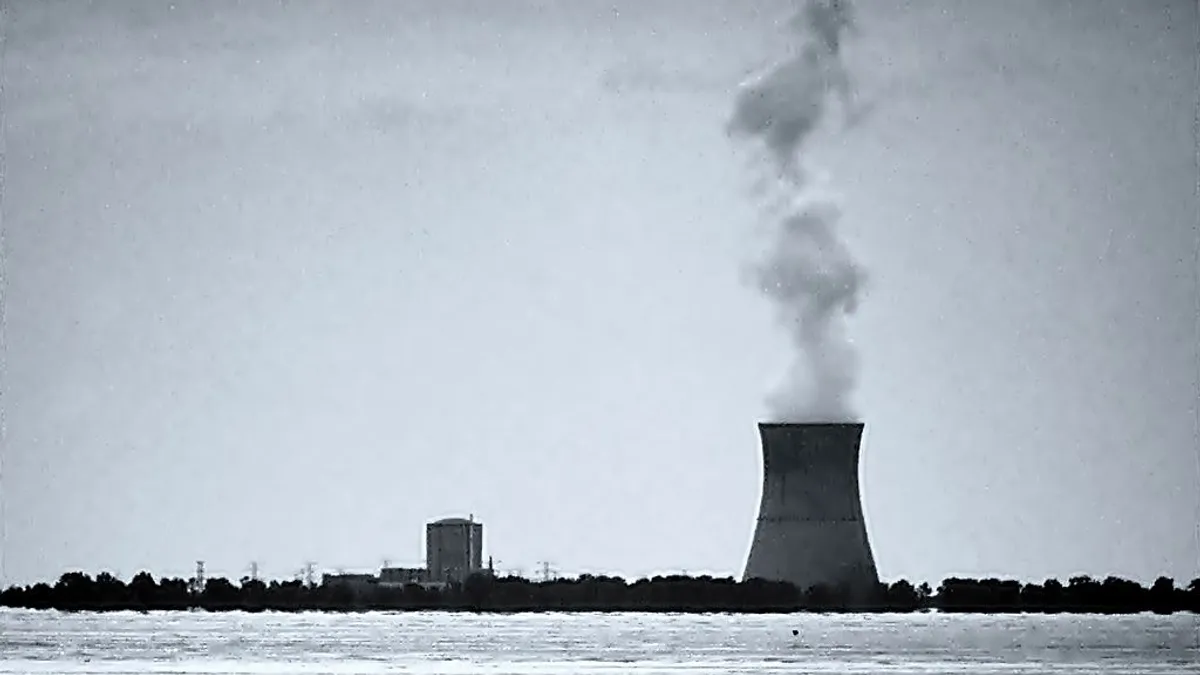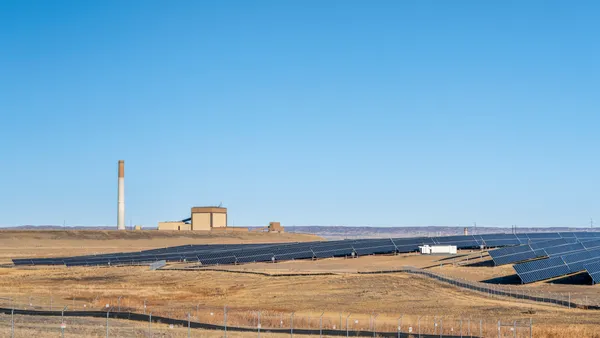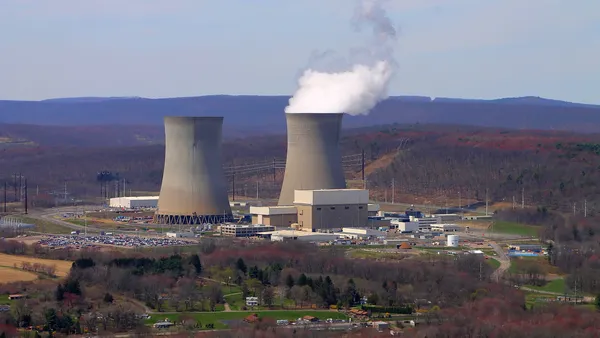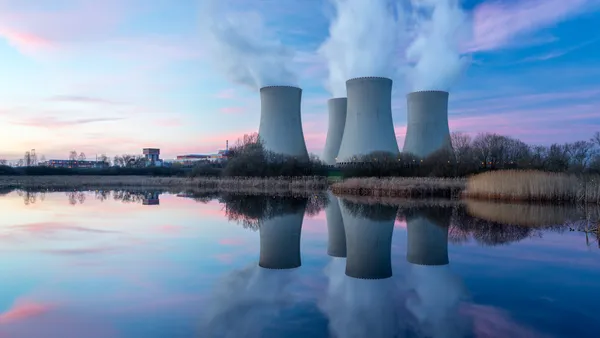Dive Brief:
- FirstEnergy requesting legislation from Ohio legislators to keep two of its plants in the state afloat, continuing the utility's efforts to win subsidies for its struggling baseload power plants.
- Columbus Business First reports that fellow Ohio utility American Electric Power supports the subsidies, so long as its own customers aren't on the hook for higher bills.
- Ohio utilities have been pushing for financial support for aging baseload plants for over two years, facing pressure from cheap natural gas. FirstEnergy and AEP won approval for financial supports last year, but federal regulators ultimately rejected the proposal on the grounds it would impact wholesale markets.
Dive Insight:
FirstEnergy and AEP have been cautious partners in the past, each adopting similar approaches to keeping struggling power plants afloat and agreeing to some loose collaboration on pushing re-regulation of Ohio's power markets.
While federal regulators have rejected plans to save the company's coal generation, AEP now says it supports FirstEnergy's proposed legislative fix.
AEP CEO Nick Akins told Columbus Business First that his company is fine with the proposal, but "obviously it wouldn’t be fair for our customers to be paying for part of that." FirstEnergy is trying to get the state to approve zero-emissions credits (ZEC), similar to proposals in New York and Illinois. The utility wants to keep its Davis-Besse and Perry nuclear plants from closing.
The debate is a difficult one for lawmakers who favor market solutions, Ohio Rep. Bill Seitz (R) told Columbus Business First. While the proposal would keep the nuclear plants generating carbon-free energy through their expected lifespan, the extra costs would be borne by consumers and could affect market revenues for gas generators.
Last year, FirstEnergy and AEP both won support for struggling coal and nuclear generation from the Public Utilities Commission of Ohio. But FERC subsequently blocked the deals, leading to talk of plant sales and re-regulation as many aging baseload plants struggle to compete with low-cost natural gas and renewable energy.
In January, Akins indicated AEP was working on its own plan to roll out legislative proposals that would be a more targeted approach to saving its coal fleet. He reportedly pushed the timing for that legislative push back to the third quarter of this year on a company earnings call, saying the "pressure is really off" to propose a bill before then.















